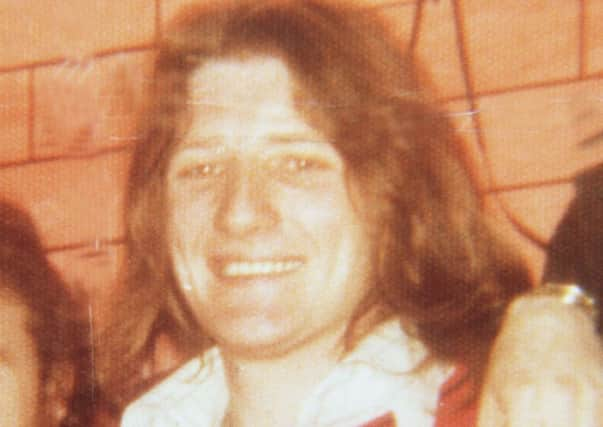'˜Disgust' as BBC set to air Bobby Sands film


The film, ‘Bobby Sands: 66 Days’, charts the days leading up to the death of Sands on May 5, 1981.
The BBC contributed to the making of the film, but the corporation has not disclosed how much public money was used.
Advertisement
Hide AdAdvertisement
Hide AdNorthern Ireland Screen is reported to have handed £76,000 to the project.
Released in cinemas last summer, the documentary will be shown for the first time on television on BBC2 NI at 9pm on Sunday.
Former Fermanagh and South Tyrone MP Tom Elliot has branded the decision to air the film “utterly disgraceful”.
Mr Elliot, who had spoken out about the film ahead of its release in cinemas last year, added: “I am annoyed and frustrated that the BBC is going to run this programme about an IRA terrorist who committed suicide.
Advertisement
Hide AdAdvertisement
Hide Ad“It furthers the republican agenda of trying to rewrite the narrative of what took place in Northern Ireland during the Troubles.
“Has the BBC given any thought to the innocent victims of IRA violence, how someone who has lost a loved one to terrorism might feel if they come across this programme?”
Victims’ campaigner Kenny Donaldson said the BBC’s decision to broadcast the film was “pushing it into peoples’ faces”.
He added: “How much more must the innocent endure at the hands of those who seek to turn history on its head?”
Advertisement
Hide AdAdvertisement
Hide Ad“The death of 10 men on hunger strike was a human tragedy and no-one with a semblance of Christianity within their DNA would take glee in their demise.
“But what we will not ever acknowledge or accept is the manipulation of the truth, the 10 men who died on hunger strike were terrorists, they were insurrectionists and they were criminals.”
Mr Donaldson, of victims’ group the South East Fermanagh Foundation, said there was an absence of public sponsored documentaries which “depict the brutality of the terror campaign and the damage caused to innocent victims”.
TUV leader Jim Allister said the choice of Sands for a film such as this raised questions about the impartiality of the BBC.
Advertisement
Hide AdAdvertisement
Hide AdHe added: “Victims will doubtless be wondering why the BBC doesn’t invest money in telling the stories of the many victims of terrorists.
“I can think of many more deserving stories.”
A BBC spokesperson said the corporation takes its duty of care to audiences “extremely seriously, including any potential distress that programmes may cause to victims and their families”.
The spokesperson added: “We understand that the hunger strike remains a sensitive and emotive subject for many people. Audiences will be alerted to the nature and content of this programme ahead of transmission and an action line will also be available afterwards.”
Filmmaker Brendan J Byrne used extracts from Sands’ diary, testimony and archive footage. The project also hears from journalists, historians, sociologists and medical experts as well as those who knew Sands.